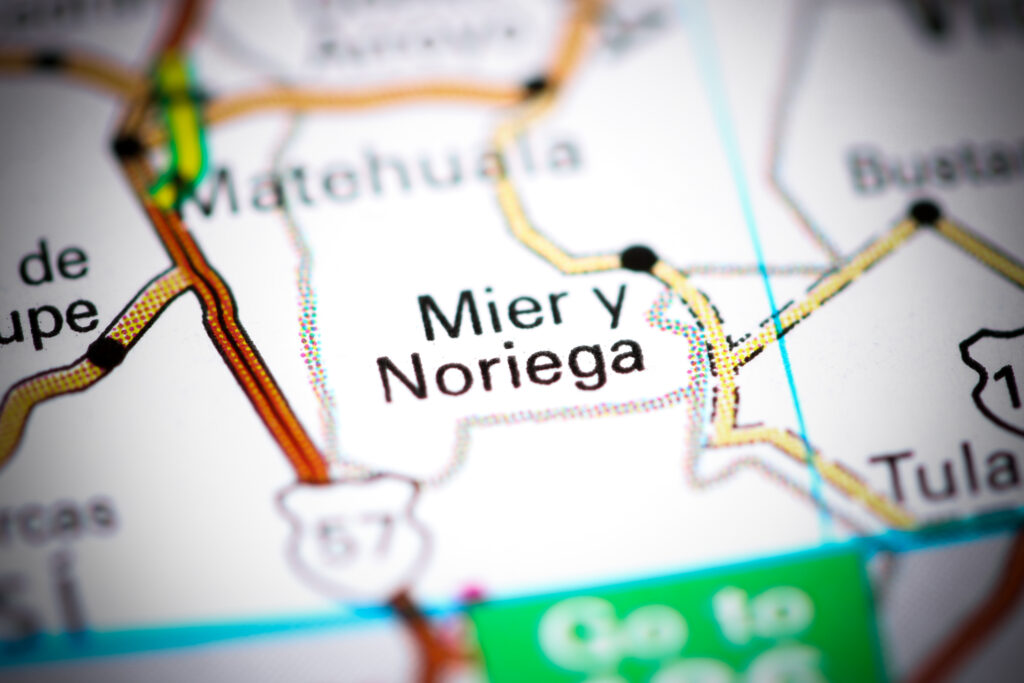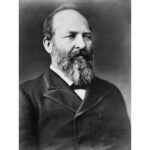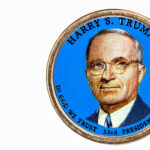On this day in American history, April 9th, we revisit the 1992 conviction of former Panamanian dictator Manuel Antonio Noriega. Noriega, a once-powerful figure in the Central American nation, was found guilty of eight counts of drug trafficking, racketeering, and money laundering in a landmark case.
Manuel Noriega rose to power in the 1980s, leading Panama’s military and ultimately assuming control as the nation’s de facto ruler. While in power, Noriega facilitated a vast drug trafficking network in collaboration with the infamous Colombian Medellín Cartel, led by Pablo Escobar. In addition to his involvement in drug trade, Noriega was known for his brutal repression of political opponents, manipulation of the media, and election rigging.
Despite his criminal activities, Noriega was also an asset to the United States government throughout the 1980s. He provided intelligence to the Central Intelligence Agency (CIA) and assisted the US in its efforts to combat communism in Central America. However, his increasing involvement in drug trafficking, political violence, and corruption led to a souring of relations between the two nations.
In December 1989, the US launched Operation Just Cause, a military invasion of Panama aimed at toppling Noriega’s regime and bringing him to justice. After weeks of intense conflict, Noriega was captured and subsequently extradited to the United States to face trial.
On April 9, 1992, a jury in a US federal court found Noriega guilty on eight of the ten charges brought against him.Noriega was sentenced to 40 years in prison, later reduced to 30 years on appeal. This conviction of Manuel Noriega serves as a sobering reminder of the far-reaching consequences of political corruption and the importance of international cooperation in combating transnational crime.
References:




